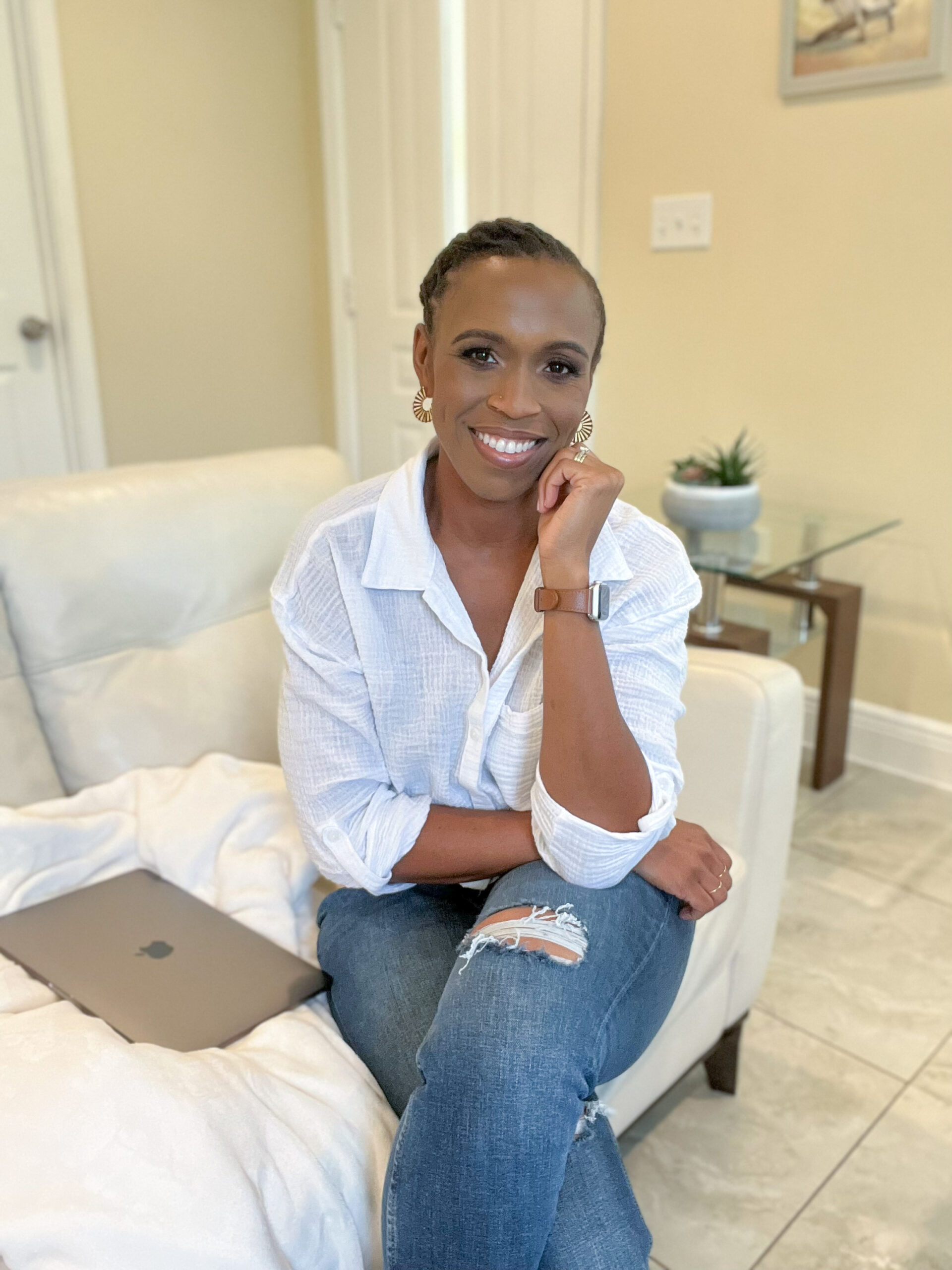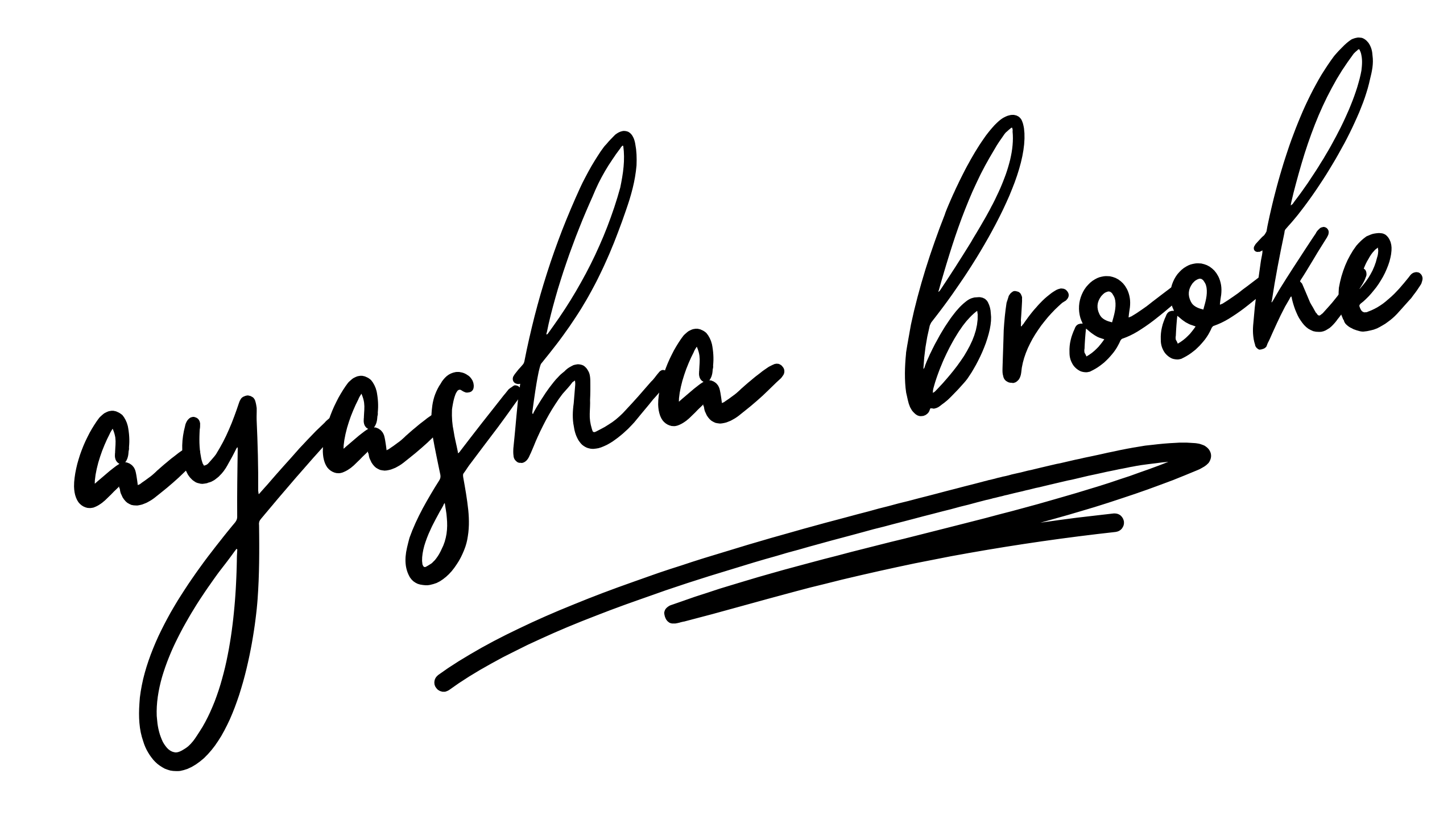What Emotional Regulation Really Means (And Why It Matters)
When life gets messy, and it will, emotional regulation is the skill that helps you respond instead of react. It’s not about ignoring your feelings or pretending everything’s fine. It’s about understanding your emotions, managing your reactions, and staying grounded even when the situation around you is anything but calm.
What Emotional Regulation Is
At its core, emotional regulation is the ability to notice what you’re feeling, name it, and choose how you’ll respond. It’s not shutting your feelings down; it’s giving them space while also keeping them in check so they don’t run the show.
Think of it like driving a car: your emotions are the engine powerful and necessary but regulation is your steering wheel. Without it, you’re more likely to veer off course, get into conflicts, or make decisions you regret.
What It’s Not
Emotional regulation is not about being happy all the time or pushing away “negative” emotions like anger, sadness, or frustration. In fact, avoiding emotions can make them stronger over time. True regulation means allowing yourself to feel fully while still making intentional choices about your behavior.
Why It Matters
Strong emotional regulation skills help you:
-
Handle stress better so small frustrations don’t snowball into big blowups.
-
Strengthen relationships by responding thoughtfully instead of reacting impulsively.
-
Make clearer decisions because your thinking isn’t clouded by unchecked emotions.
-
Support your health by reducing the toll that chronic stress takes on your body.
In work, relationships, and personal growth, emotional regulation is a game-changer. It allows you to move through challenges without losing your sense of self or your values.
How to Build Emotional Regulation Skills
Like any skill, emotional regulation can be learned and strengthened over time. Here are a few practices to start with:
- Pause before reacting. Even a few deep breaths can give you space to think.
- Name what you’re feeling. Sometimes simply saying, “I feel frustrated” can diffuse its power.
- Check your body cues. Tight shoulders, clenched fists, or shallow breathing are signs to slow down.
- Practice grounding techniques. Things like walking, journaling, or listening to calming music can help regulate your nervous system.
The Takeaway
Emotional regulation isn’t about being in control of life it’s about being in control of yourself. When you can navigate your emotions with awareness and intention, you give yourself the freedom to act in ways that align with your best self, no matter what’s happening around you.


